On October 11, 1779, Polish General Casimir Pulaski died fighting in the American Revolution.
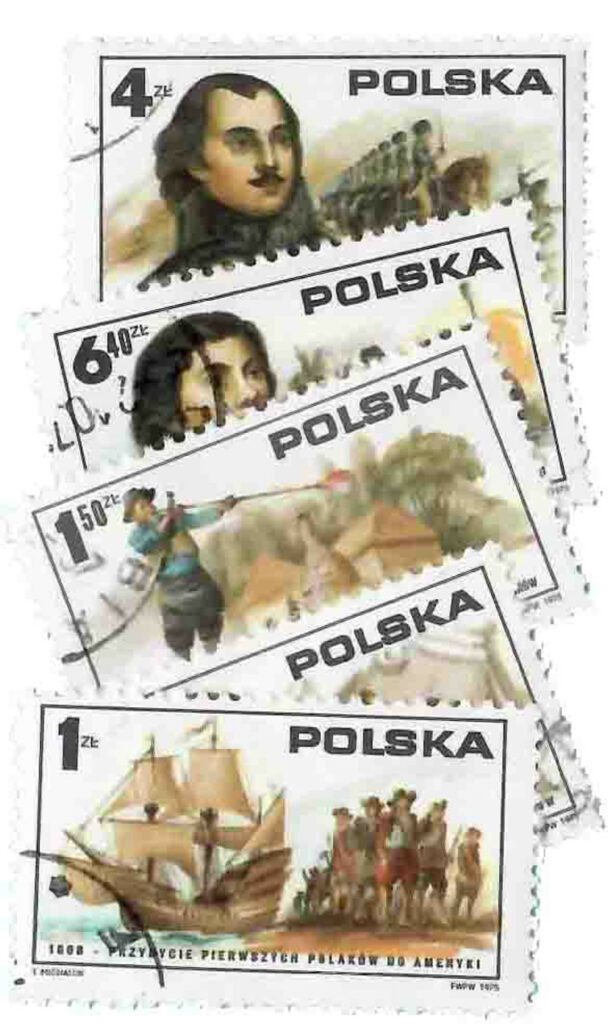
Kazimierz Michał Władysław Wiktor Pułaski (also known as Casimir Pulaski) was born on March 6, 1745, in Warsaw, Polish-Lithuanian Commonwealth. He entered the military in 1762 and later joined the Bar Confederation, a group that fought to defend the Commonwealth’s independence. The Confederation formed after Catherine the Great of Russia used her influence following the Seven Years War to have Stanisław Antoni Poniatowski elected King of Poland and Grand Duke of Lithuania. The new king allowed Russian troops to arrest and exile several of the most vocal opponents to his leadership.
Pulaski claimed victory in his first battles against the Russians in April 1768. In the coming years, despite being captured by enemy forces, Pulaski would become a de facto leader of the Bar Confederation troops. However, after he joined in a failed plot to kidnap the Polish king, he was expelled from the Austrian territories the Confederation had been launching their attacks from.
Though Pulaski was one of the most famous and accomplished leaders of the conflict, he was stripped of all dignity and honors in Poland. The king ordered all his possessions confiscated and sentenced him to death. Pulaski attempted to form a new army in the Ottoman Empire but failed and eventually fled to France. Pulaski spent much of 1775 in France in jail for debts, though his friends eventually financed his release.
Around this same time, the Marquis de Lafayette appealed to Pulaski to join the American cause in the Revolutionary War. He then met with Benjamin Franklin in the spring of 1777. Impressed, Franklin wrote to General Washington “Count Pulaski of Poland, an officer famous throughout Europe for his bravery and conduct in defence of the liberties of his country against the three great invading powers of Russia, Austria and Prussia … may be highly useful to our service.”
On Franklin’s recommendation to join the Continental Army Cavalry, Pulaski sailed for America, arriving on July 23, 1777. In a letter to Washington he wrote, “I came here, where freedom is being defended, to serve it, and to live or die for it.” He met Washington in August and first entered battle at Brandywine on September 11. During that fight, Pulaski organized a retreat after the British gained the upper hand. Pulaski’s actions saved the lives of many Americans, including General Washington.
In the coming months, Pulaski also fought at Germantown, spent the winter at Valley Forge, and aided General Anthony Wayne at Burlington. In 1778, Pulaski was authorized by Congress to form the Pulaski Cavalry Legion. These 350 men were trained in cavalry tactics and Pulaski often used his own money to supply their equipment. Referring to “Pulaski’s Legion,” a British officer said they were “the best damned cavalry the rebels ever had.” In this service, Pulaski took part in the Affair at Little Egg Harbor, the Sullivan Expedition, and the Siege of Savannah.
On October 9, 1779, Pulaski led a cavalry charge against the British in Savannah, Georgia, where he was wounded. He died two days later.
In the years since, the US has dedicated many memorials to Pulaski, and October 11 is celebrated as General Pulaski Memorial Day.
| FREE printable This Day in History album pages Download a PDF of today’s article. Get a binder or other supplies to create your This Day in History album. |
Discover what else happened on This Day in History.

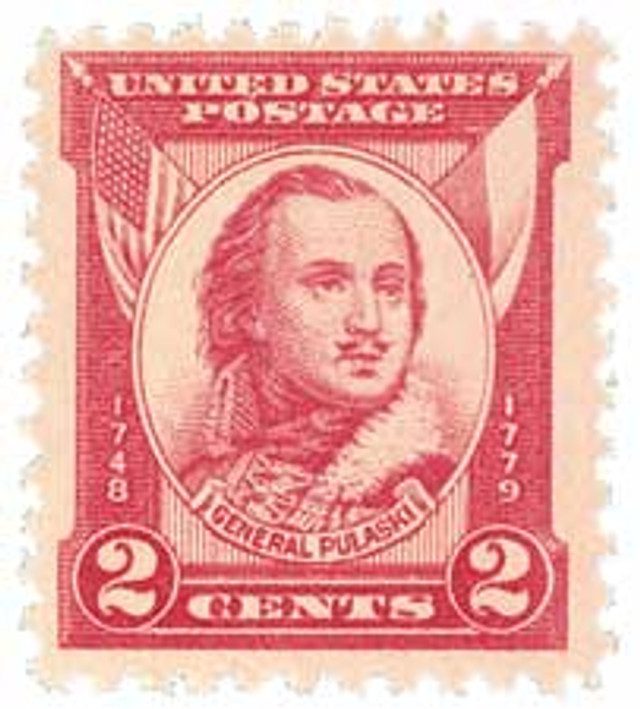
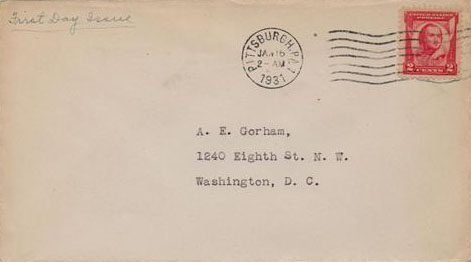

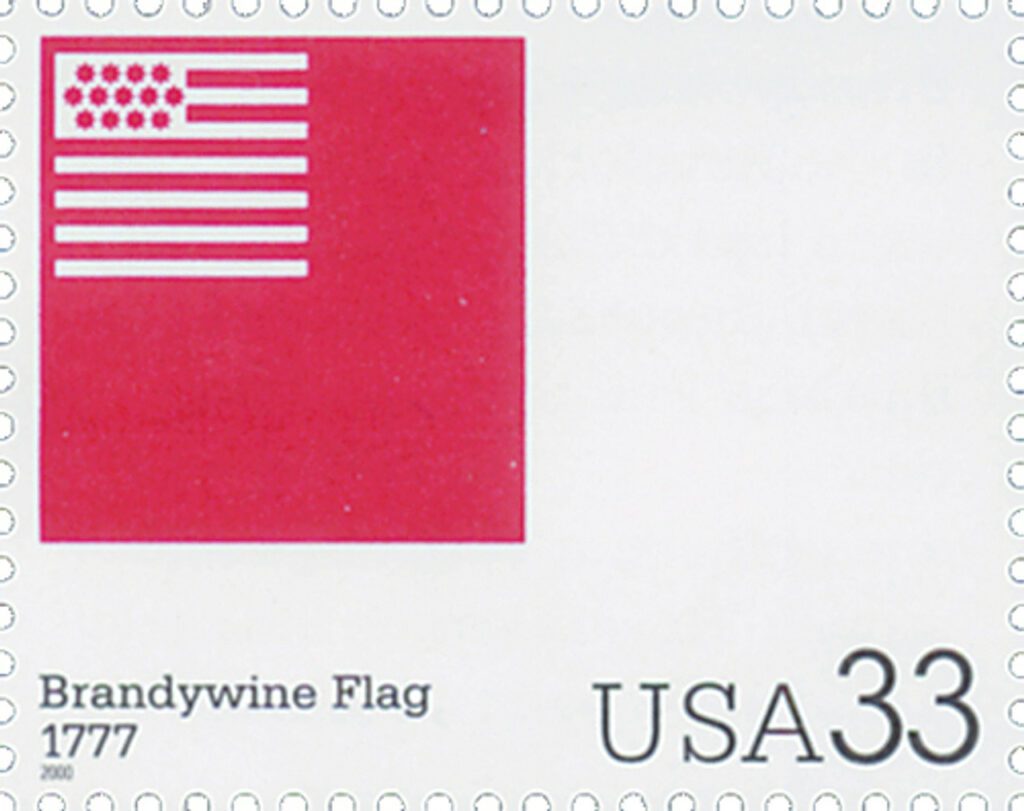
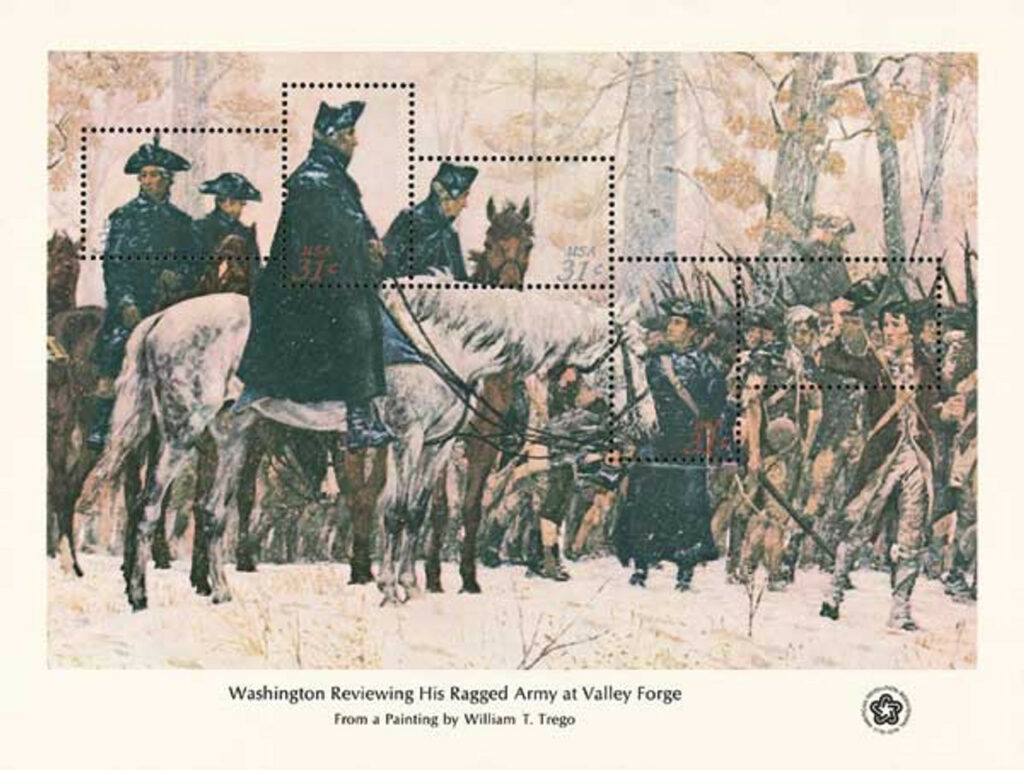
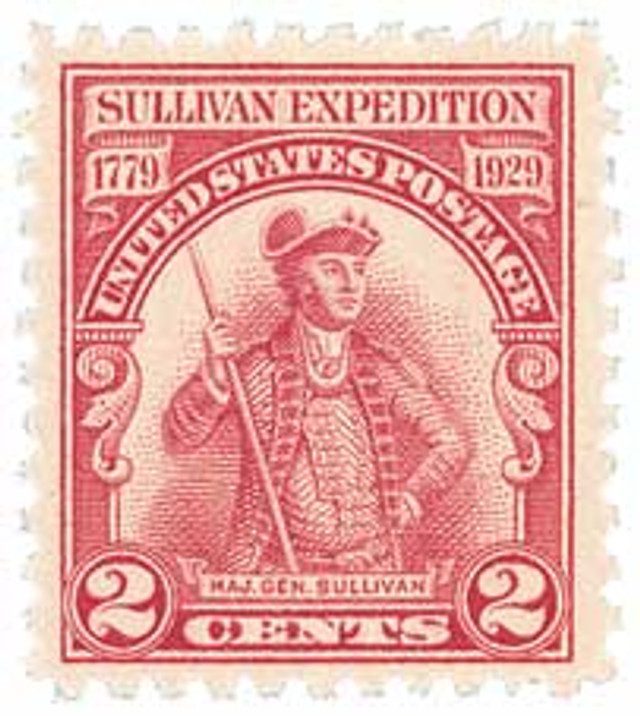
Nice article. Now I know where the Pulaski Highway in Maryland comes from! James Michener’s historical novel “Poland” does a good job of covering the history of Poland and that particular period when Poland and Lithuania were a Commonwealth.
I loved this article. Thank you to all the people who come to this country to enhance their lives, where freedom is paramount.
Just over the Connecticut line on Route 44 is Casimir Pulaski State Park in Chepachet Rhode Island. This is not far from the George Washington State Campground. I have always been amazed at the number of individuals who came together at the birth of our nation. I was unaware that General Pulaski was instrumental in saving General Washington at Brandywine. If his actions had not saved him one has to wonder what would have become of the Revolution? What other impact would that have had on history?
And in Chicago, Casimer Pulaski Day, March 6, is a holiday for public schools and State offices.
Long ago I read when John Paul II visited Chicago he was told Chicago was the city with the most Poles outside Krakow.